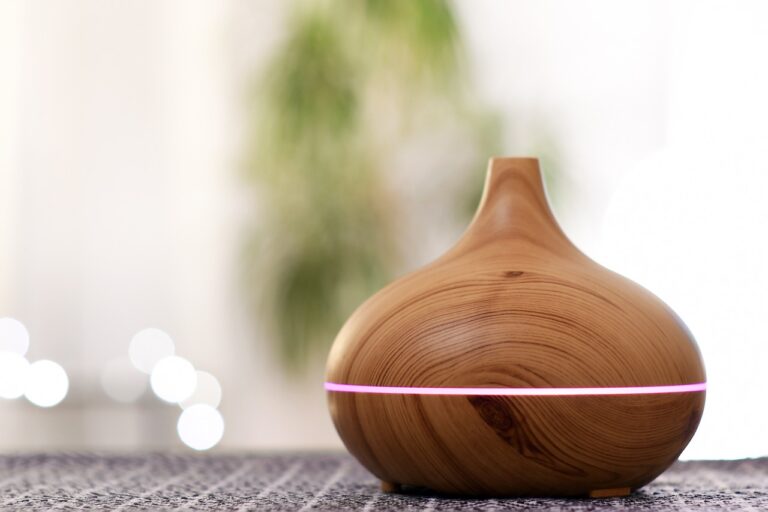The Impact of Indoor Air Quality on Health and How to Improve It
skyexchange login, world777 login, golds bet login: Indoor air quality plays a significant role in our overall health and well-being. Poor indoor air quality can lead to a variety of health issues, ranging from respiratory problems to allergies and even more serious conditions such as asthma. With the average person spending about 90% of their time indoors, it’s essential to understand the impact of indoor air quality on our health and how we can improve it.
1. The Impact of Indoor Air Quality on Health
Poor indoor air quality can have a range of negative effects on our health. Common pollutants found in indoor air include:
– Dust mites
– Mold
– Pet dander
– Volatile organic compounds (VOCs) from household products
– Tobacco smoke
Exposure to these pollutants can lead to respiratory problems such as coughing, wheezing, and shortness of breath. In more severe cases, poor indoor air quality can exacerbate existing conditions such as allergies and asthma.
2. How to Improve Indoor Air Quality
There are several steps you can take to improve the indoor air quality in your home:
– Keep your home clean and dust-free by regularly vacuuming and dusting.
– Ensure proper ventilation by opening windows and using exhaust fans in bathrooms and kitchens.
– Use an air purifier to remove airborne pollutants.
– Avoid smoking indoors.
– Keep humidity levels in check to prevent mold growth.
– Choose household products that are free of VOCs.
By taking these simple steps, you can significantly improve the indoor air quality in your home and reduce your risk of health problems associated with poor air quality.
3. The Benefits of Improved Indoor Air Quality
Improving indoor air quality not only benefits your health but can also lead to a more comfortable and pleasant living environment. Clean air can help you sleep better, improve your concentration and productivity, and reduce the risk of illness.
4. FAQs
Q: How often should I change the filters in my air purifier?
A: It is recommended to change the filters in your air purifier every 3-6 months, depending on the manufacturer’s instructions.
Q: How can I test the indoor air quality in my home?
A: You can purchase an indoor air quality monitor to test the levels of pollutants in your home. Additionally, some HVAC companies offer indoor air quality testing services.
Q: Are there any plants that can help improve indoor air quality?
A: Yes, certain plants such as spider plants, peace lilies, and aloe vera can help remove pollutants from the air and improve indoor air quality.
In conclusion, indoor air quality plays a crucial role in our health and well-being. By taking simple steps to improve the air quality in our homes, we can create a healthier and more comfortable living environment for ourselves and our families.







